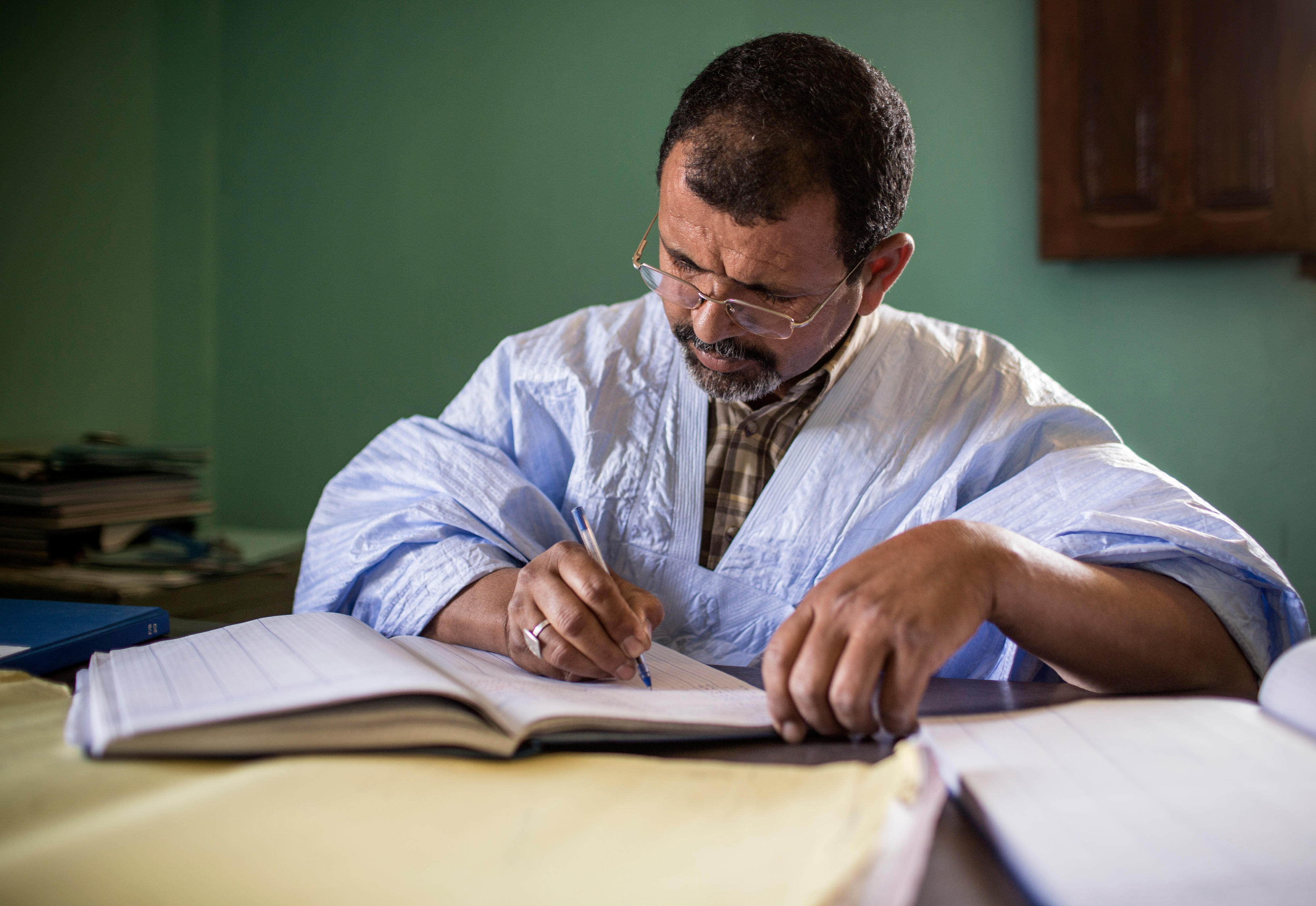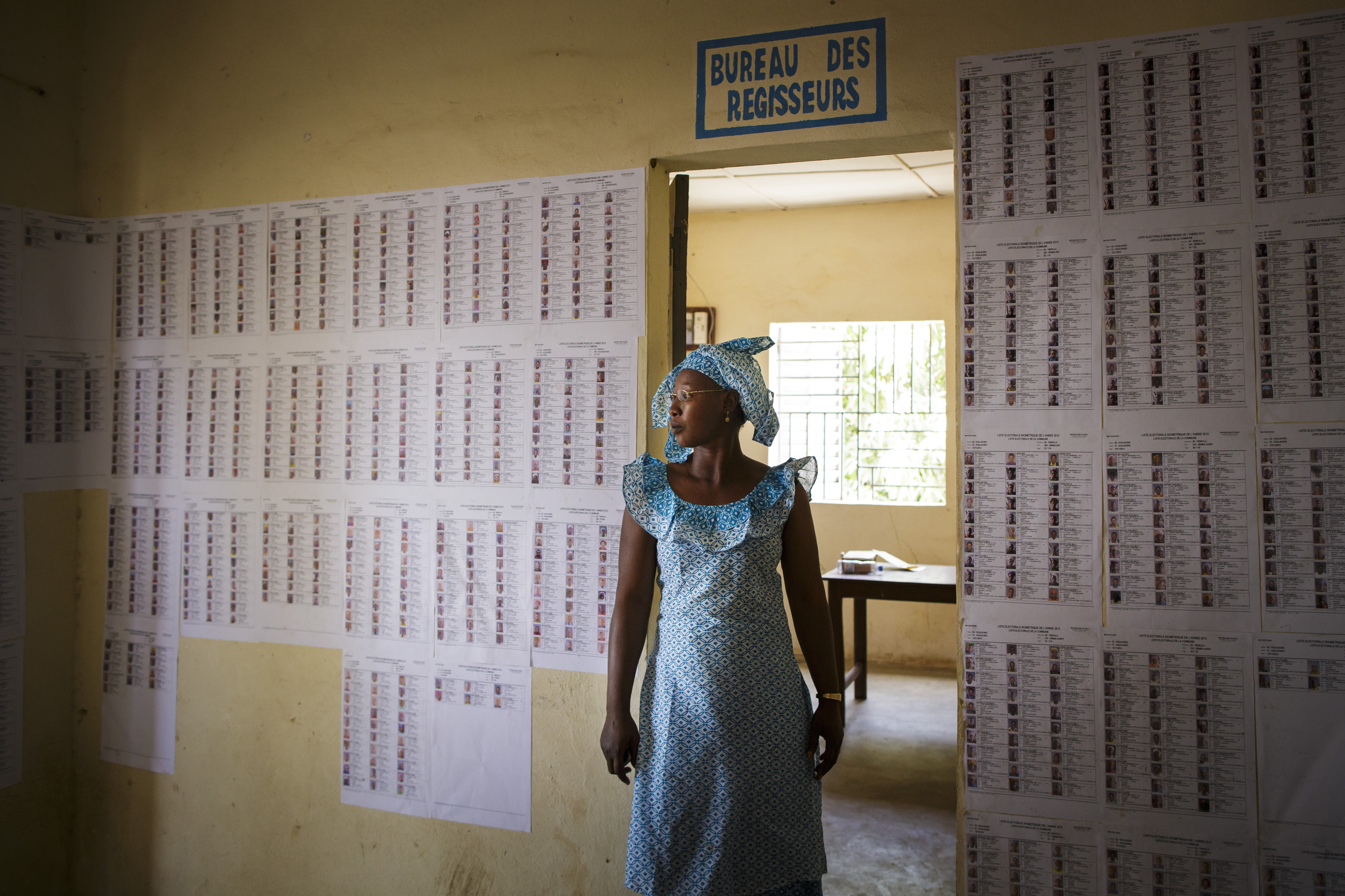Panorama of the banking district in Frankfurt am Main
Copyright© Michael Gottschalk/photothek.net
Illicit financial flows – a challenge for development policy
Illicit financial flows (IFFs) have a negative economic, political and social impact, both in the countries where they originate and in the countries where the payments are received. They undermine state efforts to mobilise domestic revenue, thus hampering urgently needed investments in healthcare, education and other public services. Whole countries and regions can be destabilised by the criminal activities associated with illicit financial flows, such as terrorism, drug trafficking and human trafficking. This in turn increases the risk of violent conflict.
Countries identified by the European Union or the Financial Action Task Force (FATF) as high risk for money laundering or terrorist financing can expect to face restricted access to the international financial market.
A holistic approach under German development policy
When it comes to combating illicit financial flows, the Federal Ministry for Economic Cooperation and Development (BMZ) takes a holistic approach that focuses on suspicious financial transfers (“follow the money” approach). The underlying crimes can only be prevented if criminals can no longer profit from the assets they acquire.
With this in mind, the BMZ is working to ensure that international standards are formulated and implemented in a way that is sensitive to the interests of development policy, and is striving to boost the effectiveness of global, regional and national partners in combating illicit financial flows.
Germany’s approach to combating illicit financial flows covers the following areas:
Prevention
Germany’s partner countries in development cooperation often lack the financial and human resources to implement international standards for the prevention of corruption, tax evasion, money laundering and the financing of terrorism.
The BMZ supports these countries in recognising relevant risks and aligning their legal frameworks with international standards. Measures include promoting the automatic exchange of tax information, setting up transparency registers and putting the action plans of international organisations into practice.
Financial investigations
To be able to trace and uncover suspicious financial flows, law enforcement agencies need to be in a position to carry out financial investigations. The BMZ provides support in introducing and expanding the use of innovation investigation methods, such as using artificial intelligence to analyse suspicious transactions. The BMZ also offers advisory services when it comes to setting up and expanding centralised Financial Intelligence Units (FIUs).
In addition, Germany promotes close collaboration between financial investigation agencies and law enforcement. Regional networks are used to take tried-and-tested national approaches, such as cross-agency investigation teams, and apply them in wider regional contexts.
Asset recovery
To ensure that crime does not pay and that partner countries are able to increase their domestic revenues, the BMZ supports efforts to recover stolen assets. This includes equipping justice and law enforcement authorities to carry out asset recovery. The BMZ also promotes regional networks that assist member states with the asset recovery process.
The BMZ supports investigative journalists and civil society organisations in uncovering illicit financial flows.
Dialogue and alignment
Effectively combating illicit financial flows requires more than just alignment between government authorities at the national level. It also requires close international cooperation and for global agreements to be drafted and implemented in a way that promotes development.
German development cooperation supports platforms and conferences that bring together public, private and civil society actors and facilitate the development of joint solutions. These include events such as the Global Forum on Illicit Financial Flows and Sustainable Development (External link).
Cooperation with fragile or authoritarian states
Cooperating with fragile states and partner countries with authoritarian regimes poses a particular challenge. Illicit financial flows often provide the resources necessary for illegal or violent activities, and can have a destabilising effect and fuel conflict. In accordance with the German government’s “do no harm” principle, it is crucial to ensure that German engagement does not inadvertently foster entrenched power structures, support illegitimate actors or exacerbate conflicts. Against this backdrop, combating illicit financial flows plays an important role in promoting democracy, stability and resilience in societies.
In concrete terms, this means assessing in advance whether collaborating with state authorities to combat illicit financial flows is an option in these political contexts. Where possible and feasible, Germany works to specifically promote transparency and accountability in law enforcement authorities, for example. Alternatively, more emphasis can be put on collaboration with civil society actors and media representatives – although care must be taken that they are not put in danger as a result. When it comes to combating illicit financial flows in fragile states, cooperating with neighbouring countries and regional organisations is also a possibility.
As at: 06/08/2025









